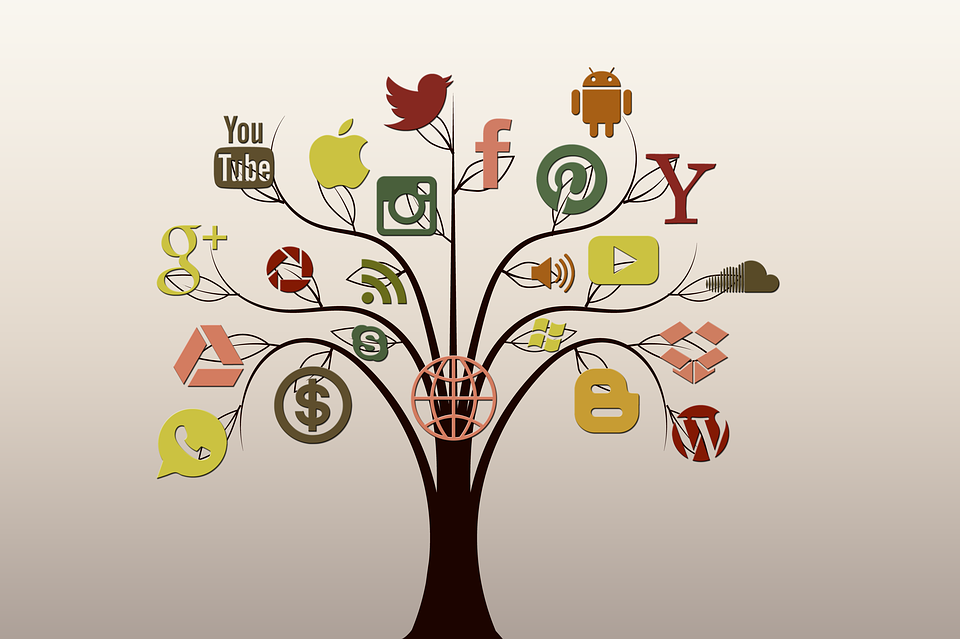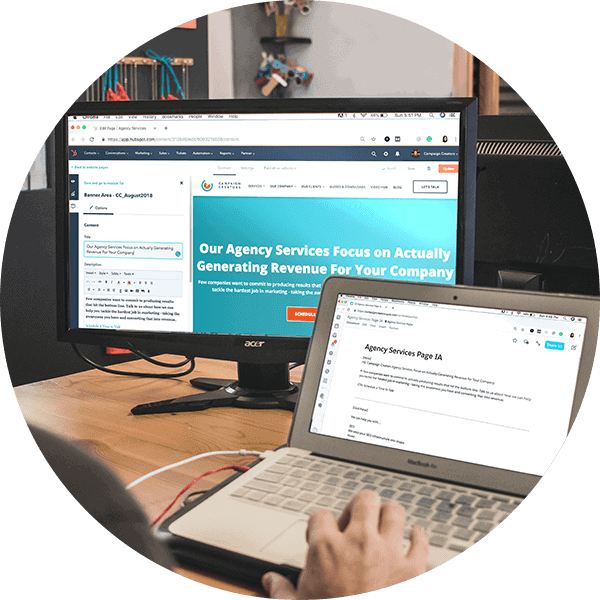
3 Marketing Automation Benefits You are Missing
July 19, 2016
Search Habits for SEO: Optimize Your Content for Customers
July 27, 2016
Marketing is hard work, and social listening is one of the best ways to learn whether or not that work is paying off. What is social listening? Social media listening is the practice of monitoring the conversations and mentions about your company happening on platforms like Facebook, Twitter, and LinkedIn.
Companies use social media listening to evaluate brand reputation, get feedback from customers who share their experiences with your product online, or simply following-up on your marketing activities.
Social listening will give you answers to a few questions like:
- How popular is my brand within my community?
- Are my customers satisfied with my products? Are they sharing those feelings on social media?
- What are my chances of a successful word-of-mouth campaign?
- Did my last marketing campaign cause any reactions on social media? Were they positive or negative?
- Were there any complaints or questions about my brand that I need to answer or address?
- What are my competitors up to?
Getting these answers will help to drive your marketing forward. Here are 3 main reasons why your company will benefit from social listening:
1. Answer Questions
At the latest Grow with HubSpot event, one of the most popular ideas that came up was how essential it is to answer questions. Finding out what questions your audience is asking and giving helpful answers is a big part of today’s digital marketing. It’s caused by the changing buyer’s mentality; we used to prefer talking to the salesperson in the store, but now want to do our own research at home before we make the purchase. With so much information on Google, your salespeople can no longer tell your leads something they don’t already know or can’t find with a couple clicks.
So, how to handle this situation?
Think about it this way; your audience is online and they are asking questions (whether it’s via Google searches, tweets, or in other ways). Your mission is to go out and ensure those questions are answered… and to get there before your competition does.
It’s not just online customer service. It’s so much more than that. Publishing a complaint and receiving a helpful and caring reply from the brand is an invaluable experience. Many previously dissatisfied or unhappy people have become loyal long-term customers after experiencing a company doing everything they can to “make it right”. Remember that some of the tweets and Google+ posts will remain on Google search result page forever, which means that other users may find and read it months after you’ve provided an answer.
2. Research Keywords and Searching Habits
A big portion of your SEO success or failure depends on the keywords you have chosen. If you’re working on a list of words that are never used by your target audience, you’re wasting your time. One great way to know exactly what keywords your audience is searching for? Social listening.
What words, phrases, and even typos do your followers and non-followers use to describe your business or product? You might find entirely new linguistic trends that you can add to your SEO strategy. Especially if you have negative comments and mentions on social media, competing for the same phrases they’ve used will help your positive content appear in the same results and balance the negativity.
3. Watch Out for Competition
Listening to what your audience has to say about your competition is just as important as knowing what’s being said about your own brand. The offers your competitors are releasing into the market aren’t necessarily a threat to your own success, but if you see the audience clearly engaged with the competition while you’re still fighting for a few mentions here or there… it may be a sign that you need to switch up your strategy.
Extend your competitor list to the brands and companies that are too powerful for you to compete with but that can teach your team a thing or two. Monitor those “ideal” feeds and watch the way those companies or brands are talked about by their audience.
When you’re “listening”, the idea isn’t to try to overshadow them immediately, but to sit back and look for trends, tips, and ideas on how to reach the same level of success and engagement they’re enjoying.
Set alerts, social media streams, a notification system, and automated social listening processes are a great place to start. Engage with your community and your community will want to engage with you!
If you’re interested in knowing how else your customers search for information, this eBook should be your next essential read. Download our free Zero Moment of Truth ebook just by clicking the image below.









